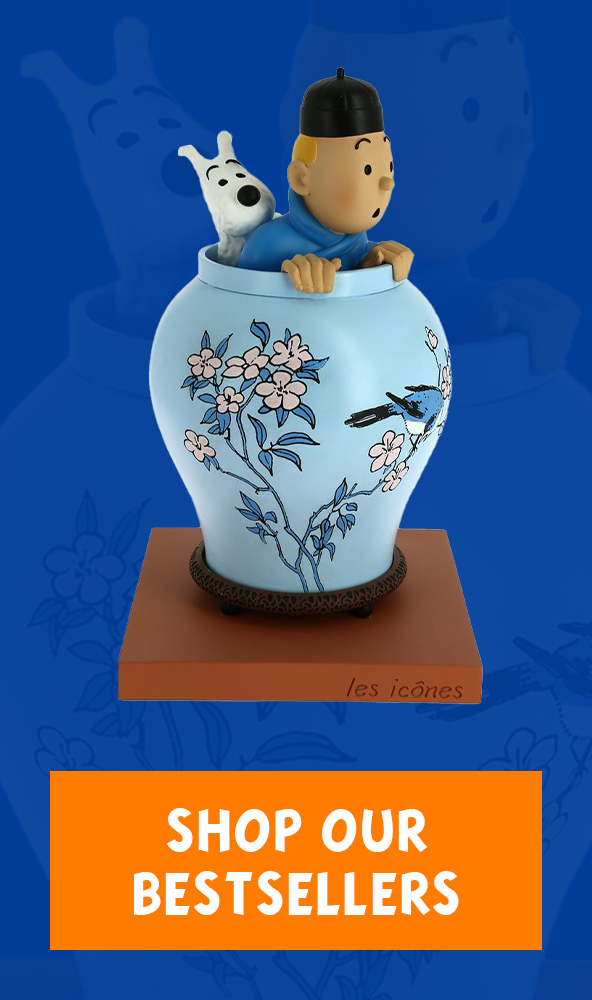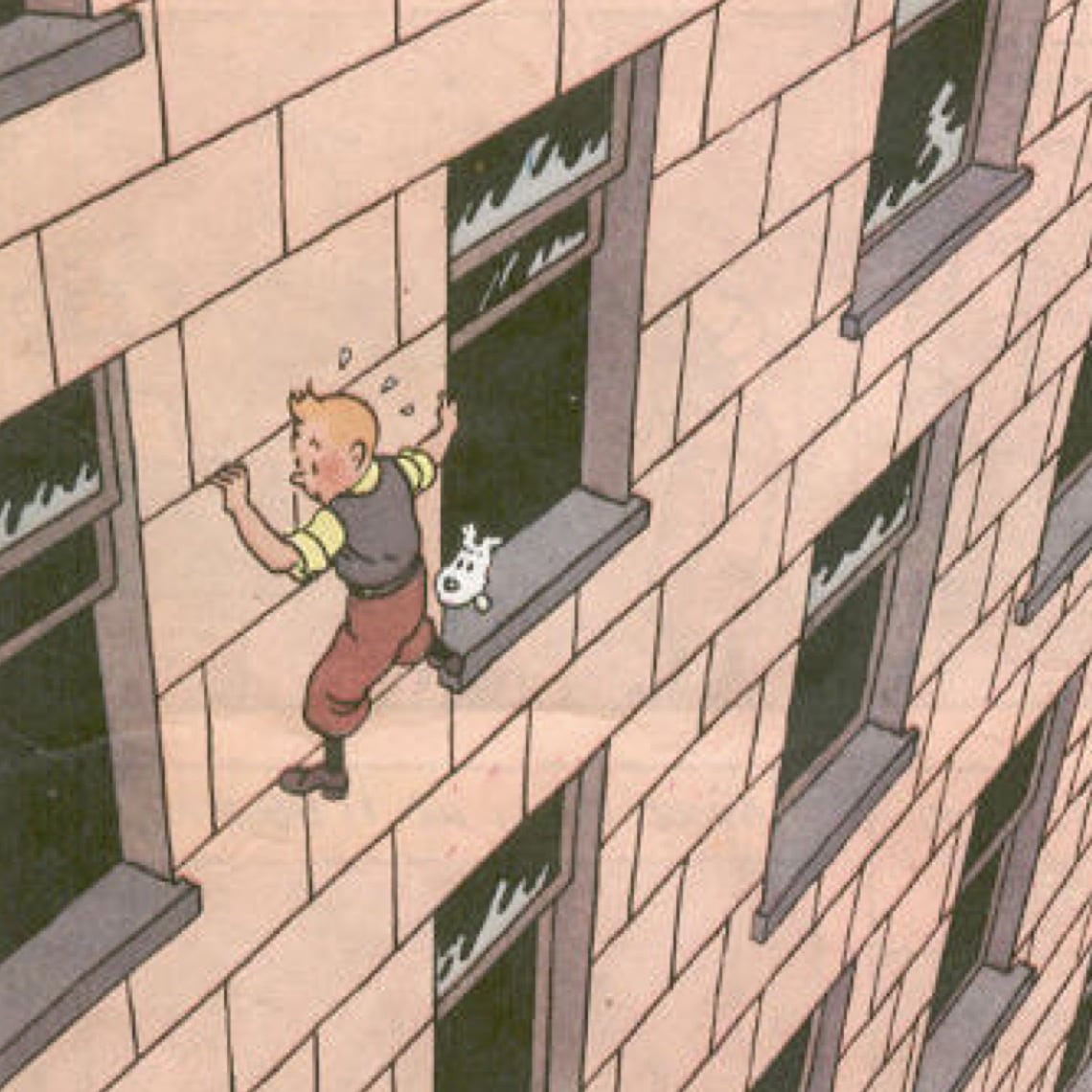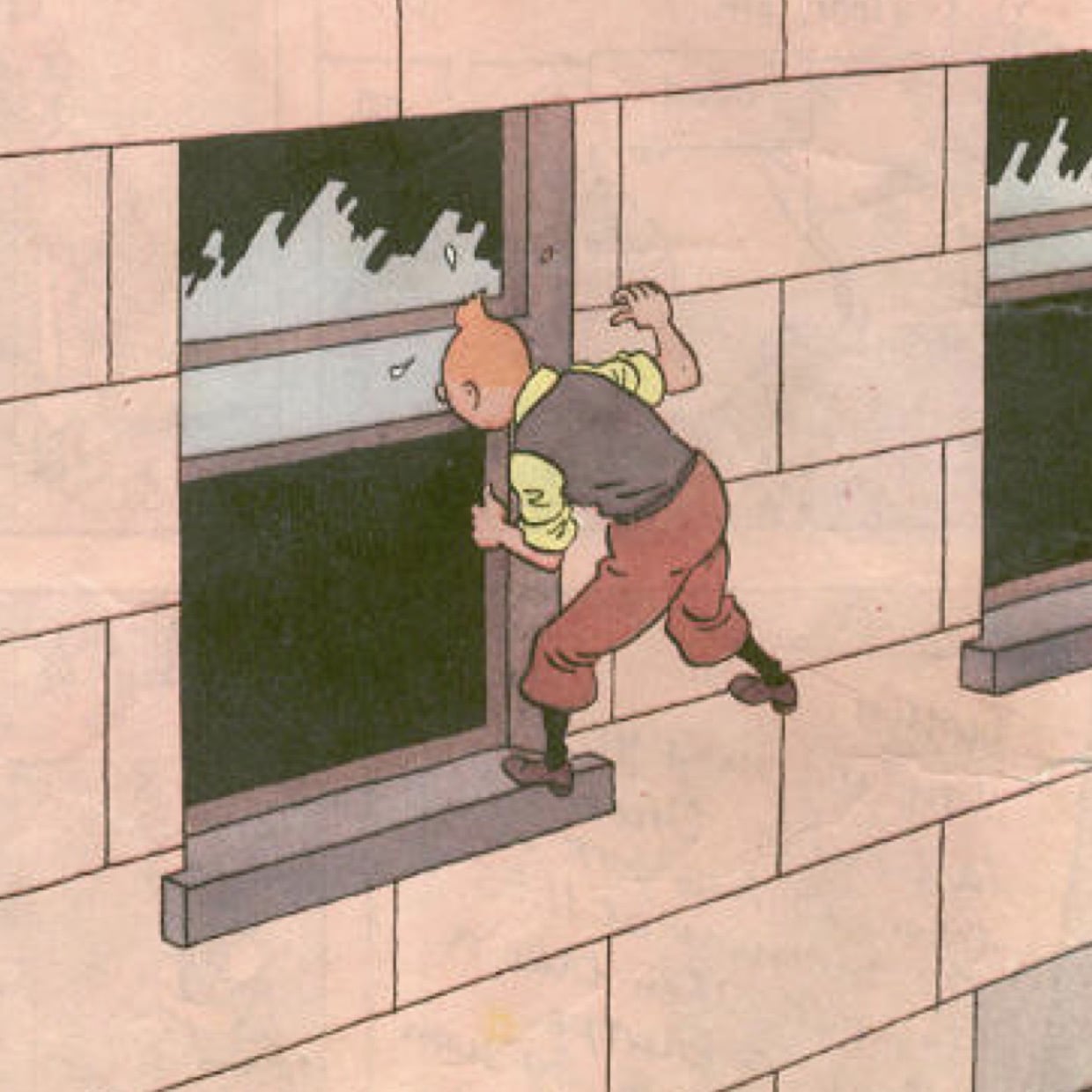10% off your first order
when you use code WELCOME10 at checkout
Tintin, a suitable medicine
Tintin in America full colour version available for the first time
By Michael Farr (for The Tintin Shop)
Amid worldwide gloom and despondency in the face of a pandemic, Tintin is here to give us cheer.
It is normal practice for the reporter’s millions of fans across the globe to seek comfort by returning to one of his twenty-four adventures when poorly or under the weather. Reports confirm that this is the case in the current pandemic, with bookshops internationally registering increased sales for The Adventures of Tintin.
For me as a confirmed Tintinoholic, the excitement was extreme when I was approached by the Hergé Studios in the early Spring, just as the pandemic was gaining a grip, about undertaking a new translation of the original 1932 black and white version of Tintin in America which was being put into colour for the first time.
Now, many Tintinophiles may chirp up and say they already know Tintin in America in colour. And they are right, but that is the colour version published in 1946, when Hergé was transforming his previous black and white adventures into colour editions at the request of his publisher, Casterman, with the instruction that each book should fit a set format of 62 pages. The early black and white editions were considerably longer, so a good deal of editing and cutting was required, quite apart from the colourisation. In the case of Tintin in America, this meant cutting 120 pages down to the obligatory 62-page format. The result is that a good deal of Hergé’s ripping, page-turning adventure is lost. The 1946 colour edition is leaner and more polished, but not the same, shorter on excitement and charm. Anyone familiar with the original black and white version would share this view.
Purchase Tintin in America full colour version here!

A couple of years ago, the present day Hergé Studios produced a pioneering colourisation of the first Tintin adventure, Tintin in the Land of the Soviets, which Hergé himself had declined to put into colour on the grounds that it was “a sin of his youth.” The result was revelatory, with discreet, tactfully chosen colour adding a new dimension to this less well known but fundamental creation of Hergé’s.
Learning from that experience, the Studios have with this American adventure produced a work of beauty and dynamism. The colours, often muted with a preponderance of pastel shades, as Hergé himself favoured in his early colourisations of the war years when he was for the first time using four-plate colour lithography, portray with considerable accuracy the America of the 1930’s. His explosions, of which there are good many, generate an extraordinary kinetic heat with their reds, yellows and oranges – something that was already remarkable in the recent colour edition of Soviets.
As a translator I had to try and match this, adopting the English/American of the day, familiar from the many black and white movies of the period, of which Hergé himself was an avid follower. He was from an early age captivated by the cinema. Having in recent years translated into English the complete Adventures of Tintin for the Hergé Studios/Moulinsartdigital edition, available as an Apple app, my rule was always to try and capture the language of the time used by Hergé. As the adventures progressed and the years advanced, this naturally changed, but one thing became very apparent and that was that Hergé wrote as well as he drew.
So here we have a “new”, fresh and exhilarating Tintin in America, for the first time since 1932, and I can guarantee that a great many Tintin lovers will be delighted and cheered. Just what we need now.
(Copyright Michael Farr/The Tintin Shop)
Michael Farr is the author of Tintin, The Complete Companion, Tintin & Co., The Adventures of Hergé, Creator of Tintin, and the translator of the complete digital edition of The Adventures of Tintin, as well as many other books on Tintin and Hergé.
Related Posts
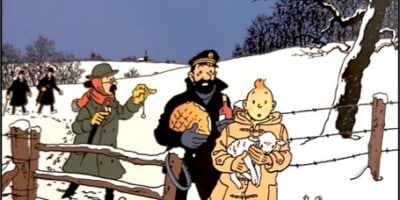
Happy 2025!
Happy New Year!
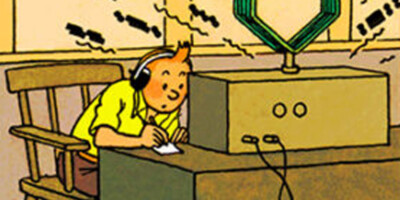
Totally Tintin Podcast
Join Ian Boothby and David Dedrick as they affectionately and humorously examine and celebrate Tintin and the work of Hergé one book at a time on the Totally Tintin podcast.
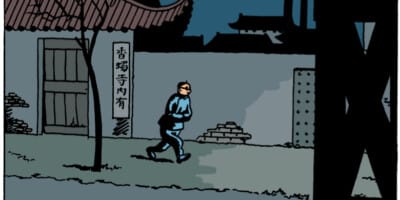
Exclusive Event with Michael Farr
Explore Hergé’s China with Michael Farr The Tintin Shop Saturday 1st February 2025. With...

